Did you know that grandma and grandpa are the best sustainable lifehacks and tips on it? This is also only logical - because a generation that also already knew a time without plastic and, for example, already inevitably has a Life without plastic guided.
In this article, I would like to give you some sustainable tips for everyday life that we can learn from our grandparents.
1. plant food in the garden
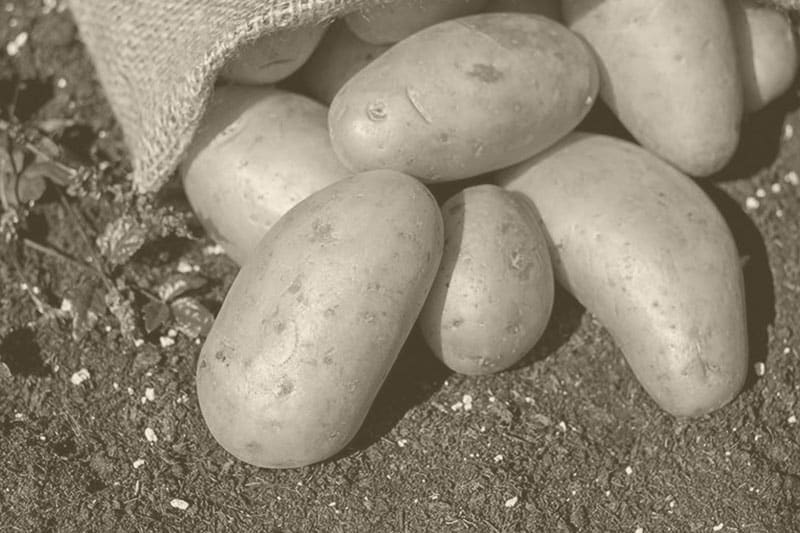
Whether herbs or larger foods such as potatoes, carrots or rhubarb. If you have the opportunity, you should grow your own food in the garden like our grandparents did. This is Zero Waste in its original form - because from Plastic packaging or other garbage is not a trace here. In addition, you can be 100% sure that the food from your own garden has not been on long journeys and is also completely untreated.
By the way, your own garden is also a wonderful place to get into the start vegan life and is also incredibly easy on your wallet. This sustainable tip from grandma & grandpa is worth its weight in gold.
2. make your own food
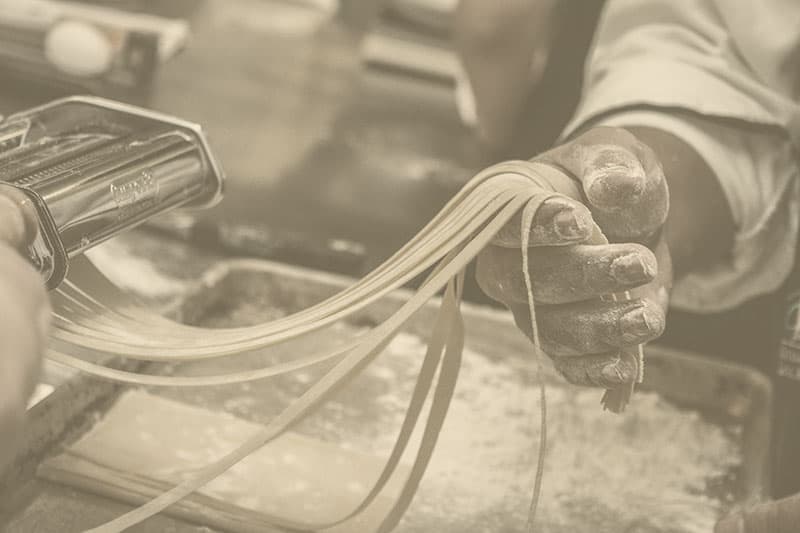
It's not particularly complicated to make your own meals - grandma and grandpa managed it somehow. Whether it's pasta or bread - it doesn't matter. You can make everything yourself - from scratch and without any harmful additives. Just get a bit of inspiration in our DIY Blog. With this sustainable life hack from our grandparents, you can make your everyday life sustainable, too.
Tip: If you have cooked something, you can also, for example. freeze plastic free and thus in the sense of sustainability Reduce food waste.
3. repair when something is broken
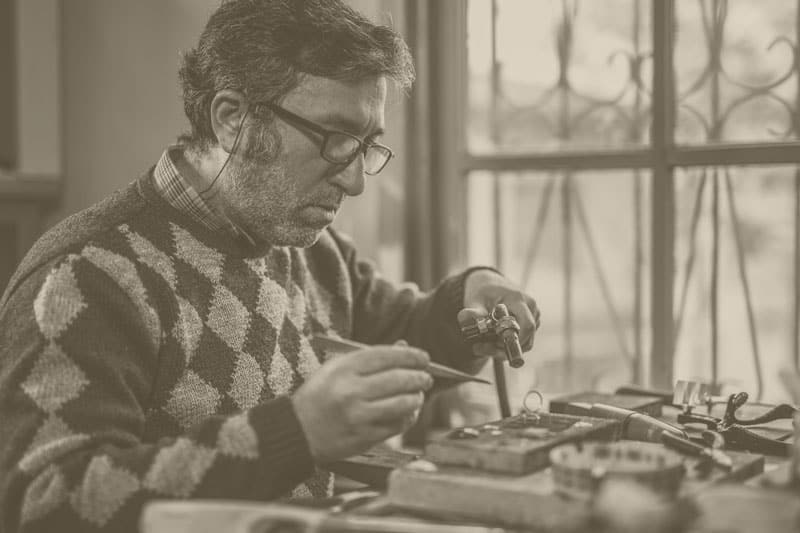
The Repair is an important basic rule of the Zero Waste Lifestyle - as we call it today. Our grandparents used to really repair everything, because at that time not everything was available 24 hours a day, 7 days a week. In Berlin, for example, there are now regular meetings at repair cafés where people help each other give things like toasters or shoes a second chance. This sustainable life hack of our grandparents is easy on the wallet and natural resources.
4. ride a bike more than drive a car
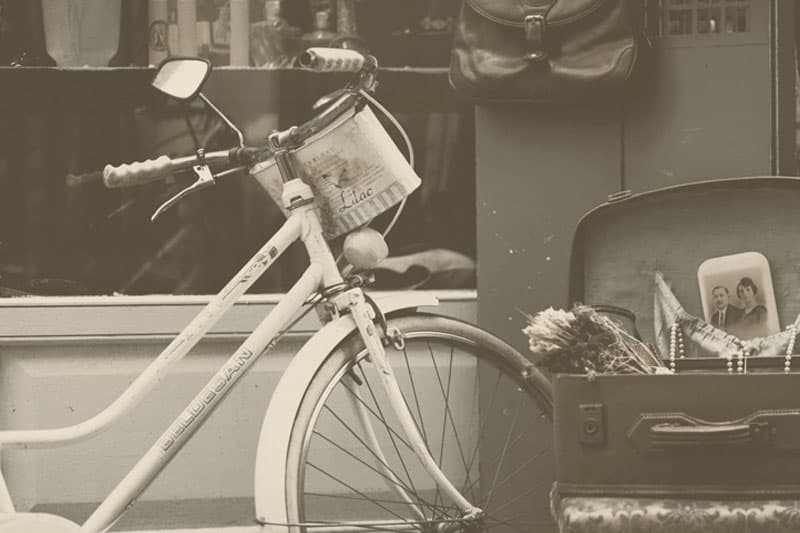
In the past, not everyone had a car - and not everyone could travel the world as they do today. So our grandparents - whether consciously or unconsciously - were quite environmentally aware. If possible get on a bike and leave the car at home. If you want to make your everyday life sustainable, then you should take this sustainable life hack to heart. You can also read more about it in the article Live car free.
5. reduce and become happy
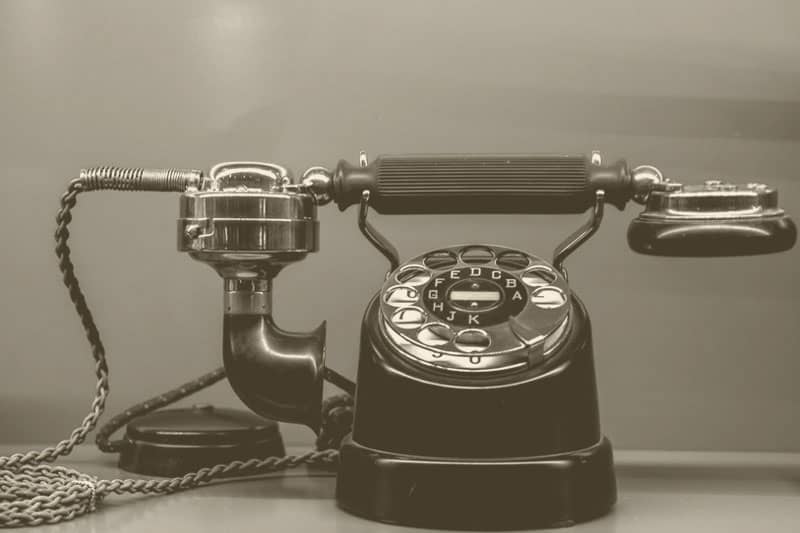
"We didn't have anything in the old days," you often hear older generations say - and that's kind of true. Because our grandparents didn't have a smartphone with the best Zero Waste Apps and couldn't even ask Google Maps for advice on the fastest route. Grandma and Grandpa had only what they needed to live. And they were happy. Today comes the Reduce in the form of the minimalist life back in fashion - a sustainable tip that saves natural resources and your own wallet.
6. learn to sew
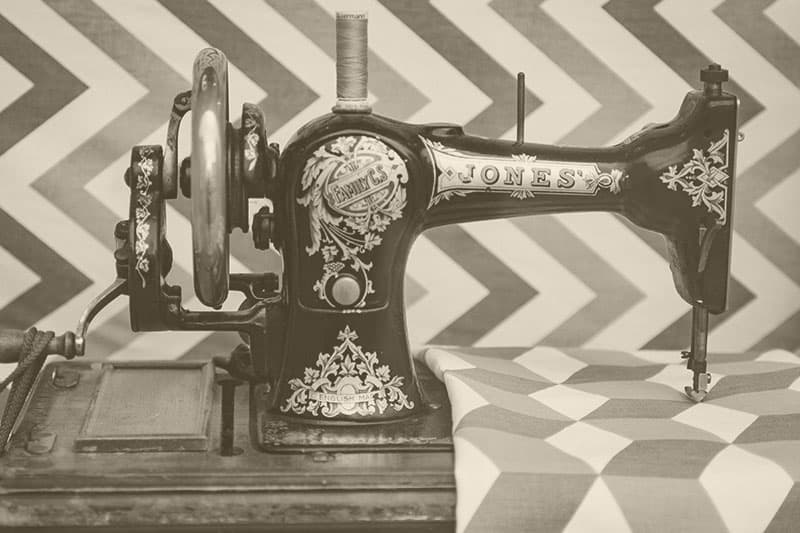
What do I do if I got caught on a corner with the sweater and now there's a hole in the sleeve? Or if a zipper on the zipper sweater has come loose? With very high probability this sweater wanders today with many people in the garbage or it is brought at least to the old clothes collection. That's because we have largely forgotten a valuable and now sustainable life hack of our grandparents for everyday life - the Sewing. Since I can't do it myself, I take my sweater to grandma. It's definitely an advantage and not uncool if you can sew yourself 😉.
7. prefer reusable instead of disposable
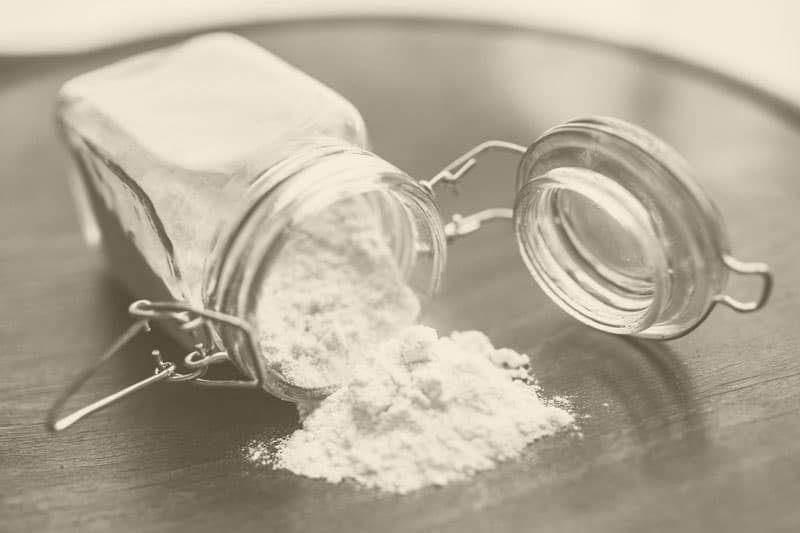
Rethink everything that is used only once - this is a basic tip for a sustainable everyday life. Disposable cups from Plastic serve for 1-2 drinks and then end up in the trash. So why don't we just drink from washable glasses and avoid the plastic waste. It would be sustainable after all and you can use the glass reuse in the sense of the Zero Waste lifestyle. Grandma and Grandpa didn't use to have plastic and somehow got by with their porcelain cups and glasses. And they put their groceries in containers they brought with them and didn't have plastic packaging.
8. bring your own food
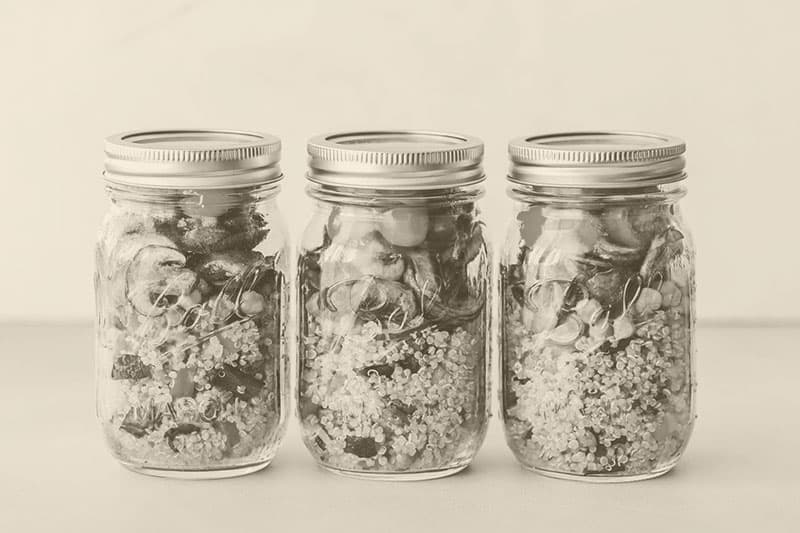
Our grandparents used to cook everything at home and Taken along for the road. The meals came quite simply in Preserving jars and so grandma & grandpa could also transport their food completely without plastic. No disposable plastic bowls, no questionable disposable salad. Everything prepared by themselves and possibly even from their own garden. Your own food in a Stainless steel lunch box or even a canning jar is also one of many important sustainable tips for an environmentally friendly everyday life.
Tip: If you're looking for delicious meals, feel free to check out the vegan recipes blog over.
9. use the clothesline
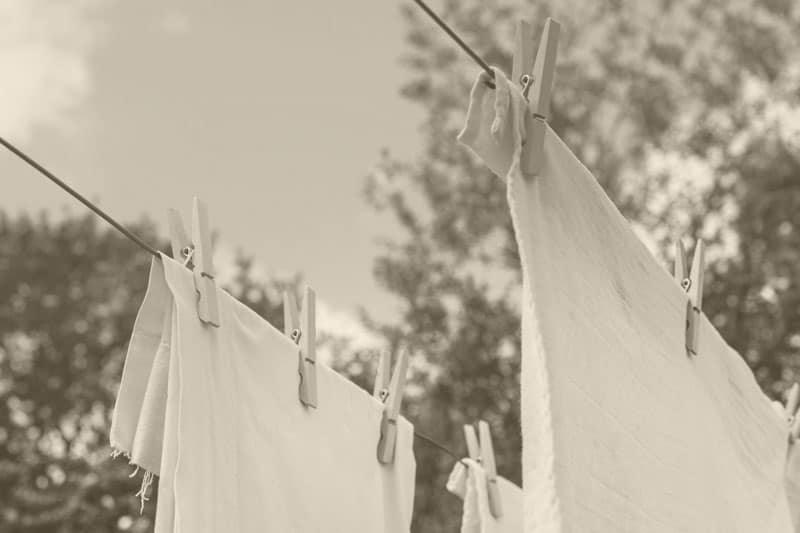
Heard correctly - the good old clothesline dries sustainably. Because there is no need for electrical energy expenditure of the clothes dryer. In addition, no limited metals are mined for an expensive tumble dryer, such as those also used as rare earths in smartphones knows. And what did our grandparents use to clip the laundry to the line? They have Wood clothespins without any plastic at all. Simply letting the laundry dry through the air is a valuable sustainable life hack that we can learn from grandma & grandpa.
10. buy food unpacked
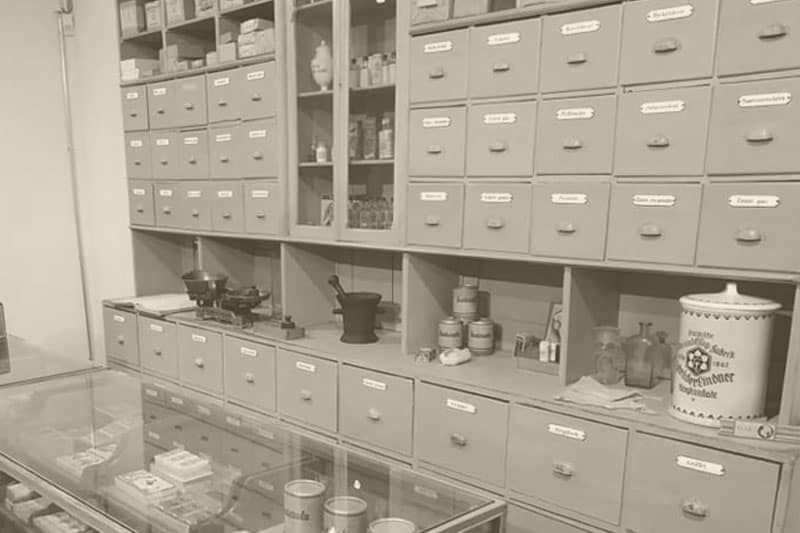
Today sprout the Unpacked stores like mushrooms - and that's nothing new, really. In the past, our grandparents went to the grocery store to fill their jars and cans with food. Plastic free shopping was also possible in the past - we just found it too inconvenient. In addition, more and more organic markets and supermarkets are providing so-called filling bars where you can fill pasta, muesli and even regional milk.
Tip: More about regional shopping you can read in the linked article.
Lifehacks & tips for sustainable everyday life
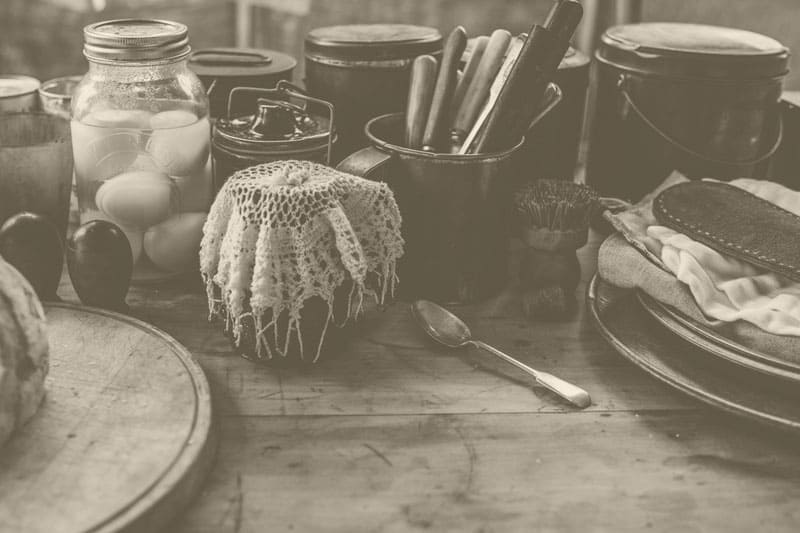
When I ask my grandma today what she used to brush her teeth with, she says, "With a wooden toothbrush my boy." - And the Wooden toothbrush is back in vogue today. Like so many things that older generations have used before.
What can we learn from grandma and grandpa? When there was no plastic, they showed us how to live sustainably and without plastic. Today we see the problem with the Plastic waste in the environment and are desperately seeking solutions for a wide range of Environmental issues. We can learn from our grandparents how to get by with even a few things and make our everyday lives as sustainable as possible.
We hold: Our grandparents are the biggest life hackers! We now briefly go back to the rootsto then march back into the future with big and sustainable steps.
What are your sustainable lifehacks and tips for a sustainable everyday life? I am curious and look forward to your comment.
Stay clean,

PS: If you like, you can find more information under Zero Waste Tips a lot more advice and ideas for living as garbage-free as possible.

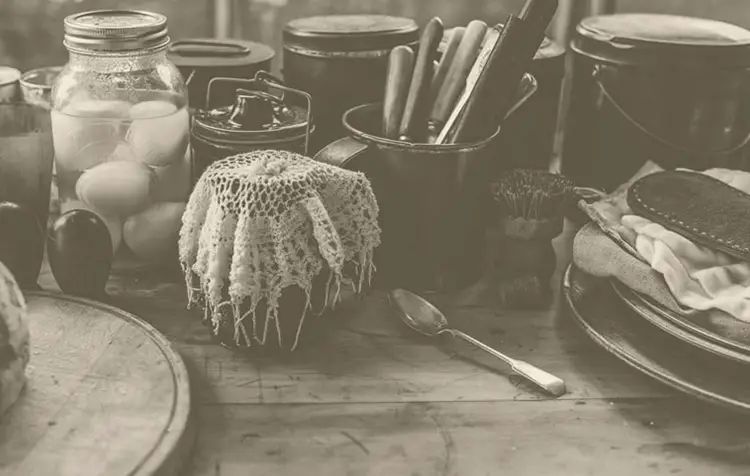





Hello Christoph,
Thank you very much for this valuable article.
Hopefully it will reach many people. It is so often worthwhile to go in search of traces with our grandparents.
But our own childhood can also be a guide and a source of ideas. For example, it's such a shame that we've centralized grocery shopping so much that it's now cumbersome to support smaller retailers.
Especially when the urban environment is missing.
I remember fondly when I was allowed to take my shopping list to the corner store. A lollipop always beckoned as a reward.
It's a pity that our children can no longer do that.
Many greetings Irina
Hello Irina! Can agree with you wholeheartedly! Will that we live again so that everyone else can live from it. And not just a few.
Best regards
Christoph
Hi Christoph, thanks for your great report and yes it is important to ask grandma and grandpa, how was it in the past? Sometimes I am really shocked that cloth bags, cloth diapers, cotton handkerchiefs or cloth napkins are celebrated like a new invention. I grew up sustainable, self-sufficient and consciously consuming. I am glad that a change in thinking is starting and hopefully it will become a long lasting movement.
Many love greetings Manuela
Hi Manuela! Thanks for your great feedback - and yes, I see it the same way. A rethinking is taking place and we can also learn from those who used to get along without plastic. As for climate change (incl. food, air pollution etx.), again older generations have to learn from younger ones.
Best regards
Christoph
Today I went to the market in our city for the first time in a long time. The food I bought there is not much different in price than in a supermarket.
Will now also get into the habit, more often, no always to go to the market. Vorallem, there the food is still regional.
Hi Martin! Very good - the weekly market is really almost everywhere and it really offers one of the best opportunities to plastic-free shopping.
Best regards,
Christoph
Hello Christoph! You are absolutely right. Our grandparents had some really good tricks on them that have unfortunately just been forgotten. For example, I discovered the good old cooking box (the cooking bag ) about a year ago. Saving electricity (good for the environment ), thus saving money (good for me ) and with a little planning also saving time. 》Better it can not go! Greetings from Thuringia sends Ute
Very cool Ute! A beautiful example 🙂
Many greetings
Christoph
Hello Christoph,
It's totally refreshing to read a male zero waste post ?
A few things have made their way into our household as well, like the cloth bag at the bakery and washing diapers for our youngest....
Mostly it is only the habit that slows you down. Once you have changed something you can often no longer imagine how thoughtless you were before!
In this sense, I can only advise all, just start with a little something, the rest will come after ?
Love, Katharina
Hi Katharina! Thank you for your feedback - it's true - women actually dominate when it comes to zero waste 😀 But fortunately, the topic concerns all of us.
It's great that you're making progress step by step. You're right about that! I also constantly have situations in which I am surprised how ignorant I used to live.
Best regards,
Christoph
Hi Christoph, great blog with the hacks from grandma and grandpa. This makes me think of a story about an old woman being criticized at the checkout for buying a plastic bag and then naming exactly what you describe here in response. Namely that she used to live plastic-free and is now forced to use plastic in many things.
It honestly annoys me that you also pay quite a bit more for unpackaged shopping. I pay here for a bottle of detergent or its contents more than 15€! That hurts quite a bit, even if I'm basically already ready to spend a little more even for organic. But some prices (toothbrush 3-4 €...and my daughter bites well and gladly every few days to 2 weeks one) are somehow not feasible. Well, maybe at some point the principle of "higher demand, lower price" will take effect. ....Greetings, Katrin
Hi Katrin, thanks for your feedback!
Unpackaged is perhaps a little more expensive, but most of it is also regional and simply has more quality than what you know from cheap packaging from the supermarket 🙂
It will take some time for all of us to get more used to it.
Best regards,
Christoph
Comments are closed.